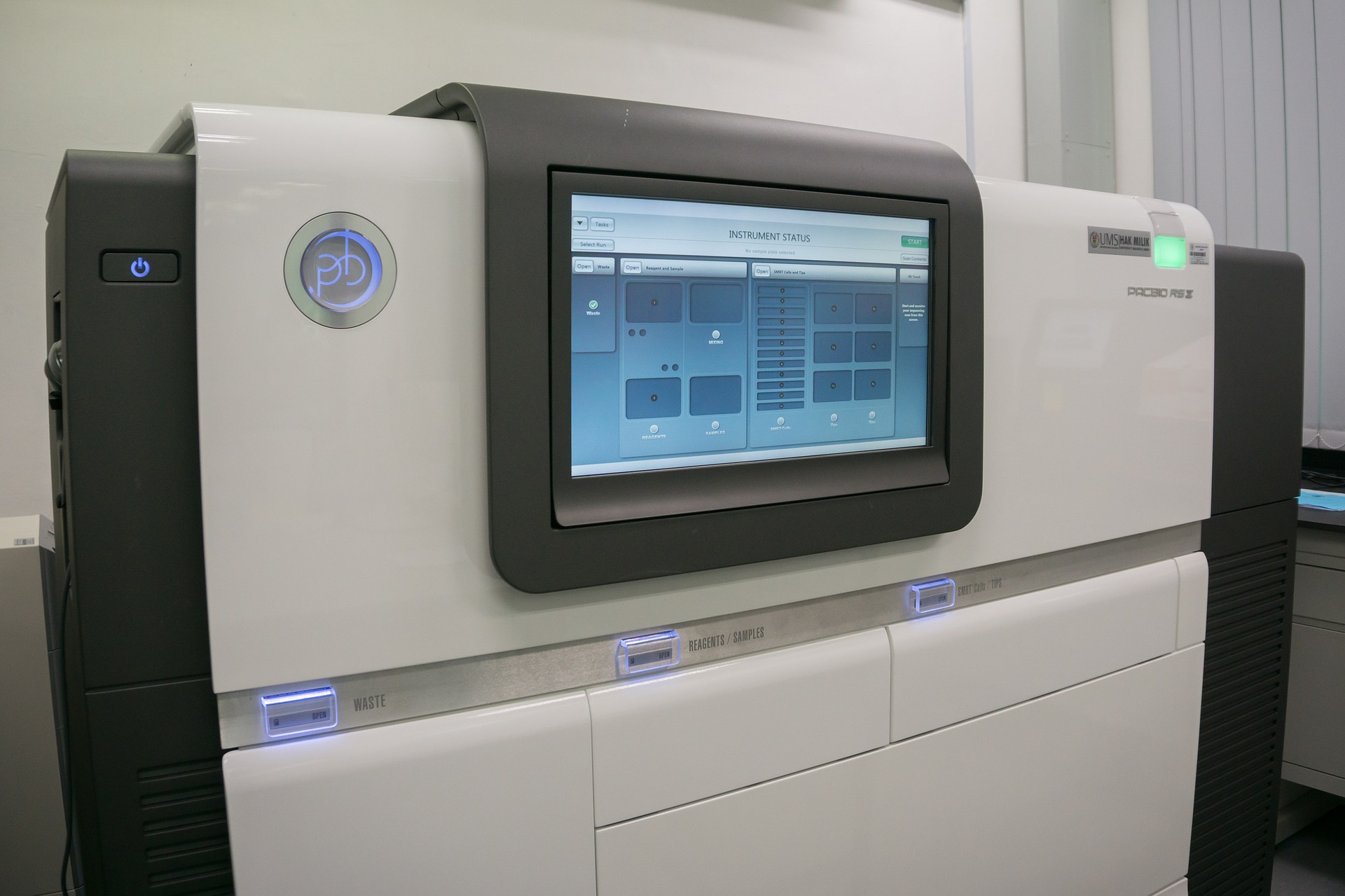
The University of Birmingham has joined a genome sequencing alliance to help map the spread of COVID-19
The UK consortium is made up of the NHS, Public Health Agencies and various academic institutions, and has been given a £20 million investment to aid the research into whole-genome sequencing. Any new information or breakthroughs can then be shared with hospitals, regional NHS centres and the Government. In order to carry out this research, samples from confirmed COVID-19 cases will be sent to a series of sequencing centres across the UK.
At UoB, a facility enabling real-time genome sequencing is being utilised to sequence samples from patients in the West Midlands. The use of this technology means that the process can be completed in less than 24 hours.
In the fight against the coronavirus, genome sequencing provides us with the ability to better understand how the virus is spreading on local, national and international levels. It also enables insight into ‘the chains of transmission that must be stopped in order to stop this outbreak,’ as well as how COVID-19 ‘adapts to a human host over time, and how human interventions including drug treatments and eventually vaccines, exert pressure on the virus.’
Nick Loman, Professor of Microbial Genomics and Bioinformatics at the Institute of Microbiology and Infection, is leading the team at the University of Birmingham. Describing the project as a ‘remarkable collaboration,’ Loman goes on to remind us that the COVID-19 pandemic is ‘easily the most pressing infectious disease emergency we have faced in two generations in the UK.’
The COVID-19 pandemic is easily the most pressing infectious disease emergency we have faced in two generations in the UK
Supporting the consortium are two major initiatives, who provide funding and assistance to the research programme. The CLIMB project will provide data analysis pipelines, as well as computing and storage capacity which allow for the analysis of the large amount of data produced by the consortium. The other initiative, the ARTIC project, is being funded a Wellcome Trust Collaborative Award. The ARTIC protocol builds on previous work which traced both the Ebola and Zika virus epidemics, and has helped to produce an effective approach to the sequencing method used for the current coronavirus pandemic. It has been noted that one particular benefit of this method is the fact it can be used despite some samples containing only miniscule amounts of the virus.
Sir Patrick Vallance, the Government Chief Scientific Adviser, commented: ‘The UK is one of the world’s leading destinations for genomics research and development, and I am confident that our best minds, working as part of this consortium, will make vital breakthroughs to help us tackle this disease.’
Business Secretary Alok Sharma also noted that ‘at a critical moment in history, this new consortium will bring together the UK’s brightest and best scientists to build our understanding of this pandemic, tackle the disease and ultimately, save lives. As a government we are working tirelessly to do all we can to fight COVID-19 to protect as many lives and save as many jobs as possible.’
Comments